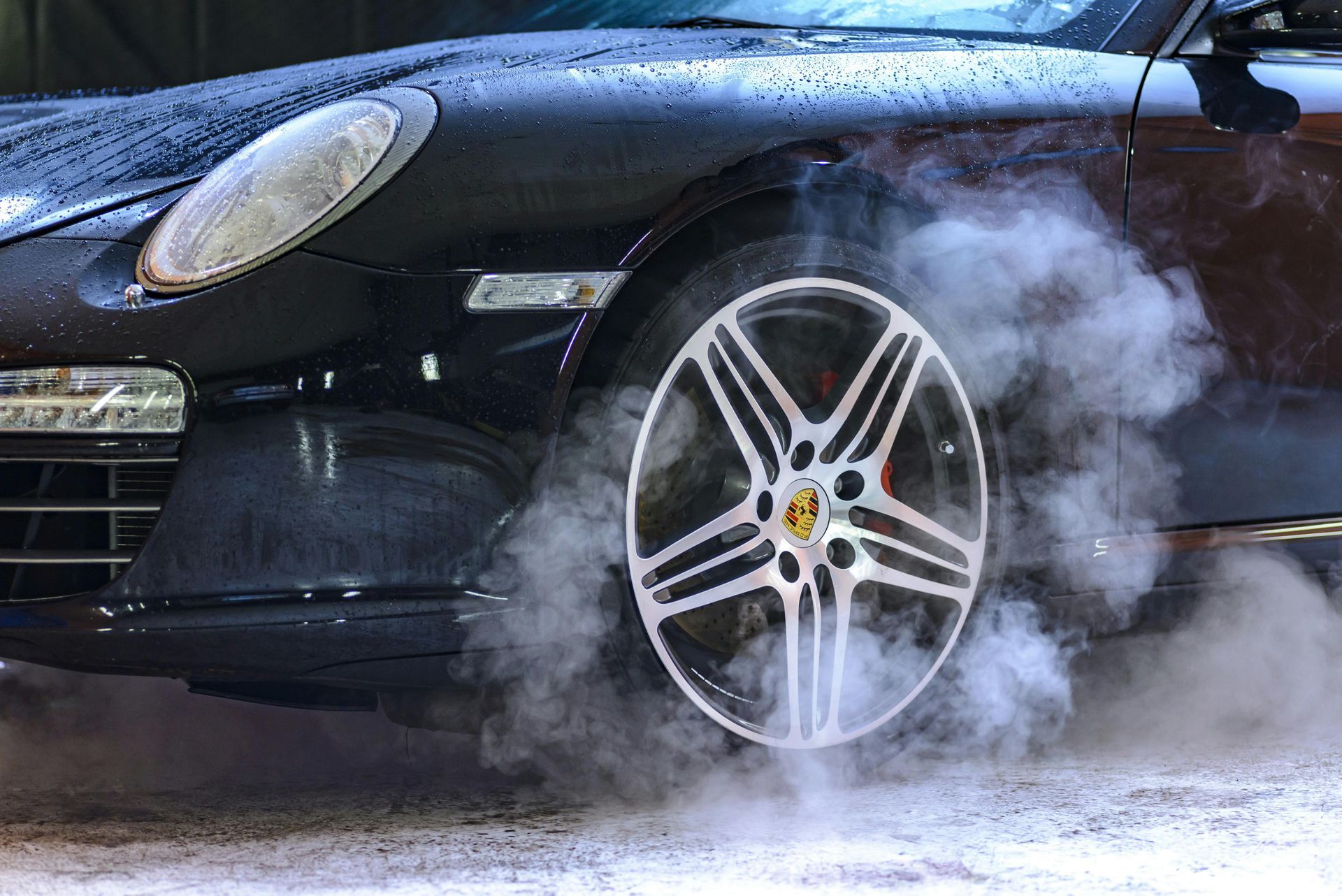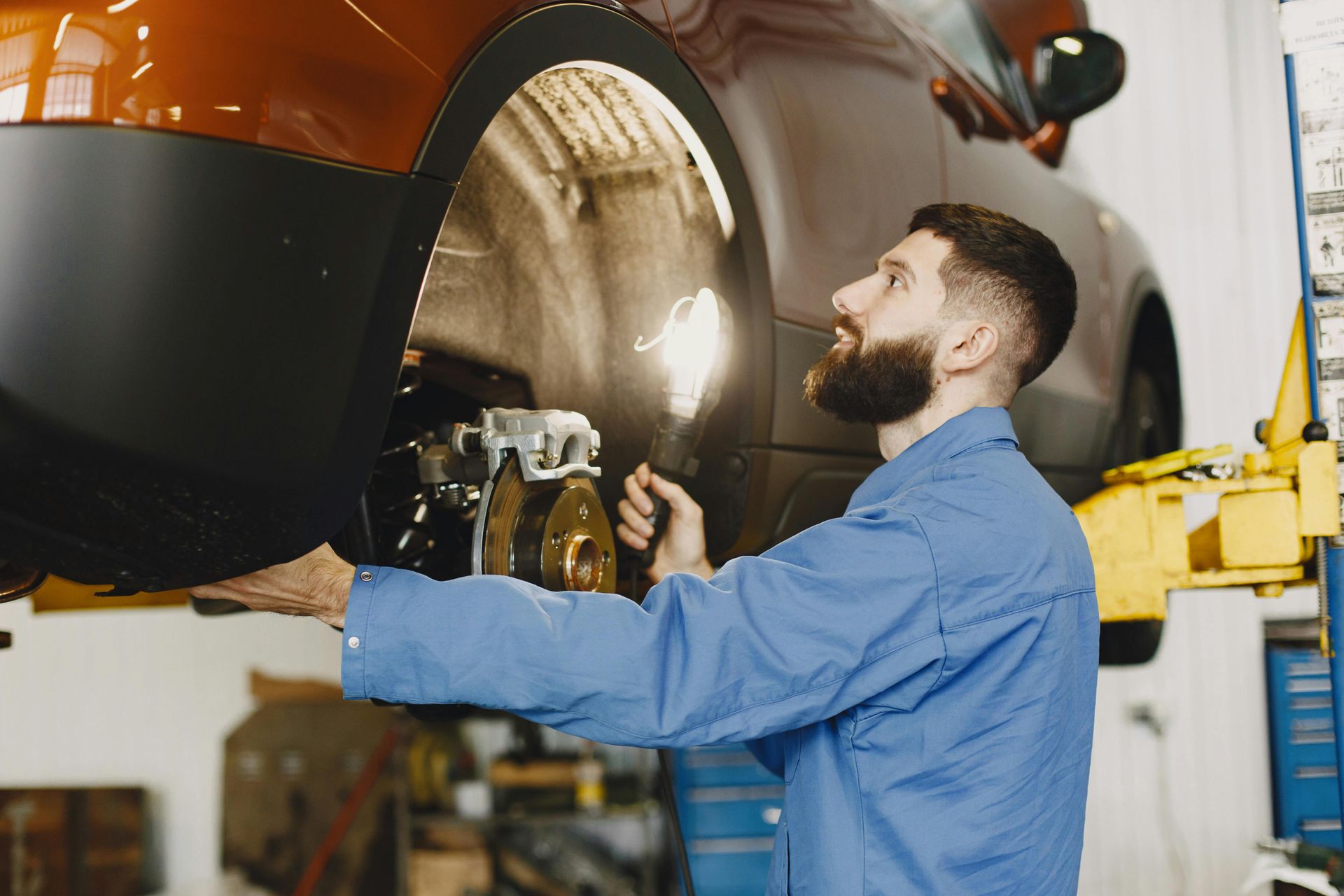Top Auto Electrical Issues Every Driver in Brunswick Should Be Aware Of
When it comes to your vehicle's performance, electrical systems play a vital role in ensuring smooth operation. At 2EZ Automotive in Brunswick, GA, we’ve seen it all when it comes to auto electrical issues. Understanding these problems and addressing them promptly is crucial to maintaining your car’s reliability and safety.
Common Auto Electrical Issues and Their Causes
1. Dead or Weak Battery
A failing battery is one of the most common auto electrical issues. Symptoms include difficulty starting your car, dim lights, and electrical accessories not functioning properly. Extreme temperatures in Brunswick can accelerate battery wear, so regular checks are essential.
2. Faulty Alternator
The alternator charges your battery and powers your car's electrical systems while driving. Signs of a bad alternator include flickering lights, a warning light on the dashboard, or strange noises. Ignoring these symptoms could leave you stranded.
3. Malfunctioning Starter
A clicking sound when you turn the key is a telltale sign of a starter issue. Without a functioning starter, your vehicle won’t ignite, leaving you stuck.
4. Blown Fuses
Fuses are the unsung heroes of your car's electrical system, protecting components from power surges. If a fuse blows, it may cause specific systems like the headlights or radio to stop working.
5. Wiring Problems
Damaged or corroded wiring can lead to inconsistent electrical performance, including flickering lights or failing accessories. Brunswick's coastal air can increase the risk of corrosion, making regular inspections even more important.
Why Addressing Electrical Issues Quickly Matters
Electrical problems are often the root cause of larger mechanical issues. Delaying repairs can result in:
- Reduced fuel efficiency
- Inability to start your vehicle
- Potential damage to critical systems
At 2EZ Automotive, we specialize in diagnosing and resolving auto electrical problems. Our team uses state-of-the-art diagnostic tools to pinpoint the exact issue and get you back on the road confidently.
What Makes 2EZ Automotive the Go-To Choice in Brunswick?
When it comes to auto electrical repairs, we stand out for a reason:
- Expert Technicians: Our ASE-certified team has extensive experience handling complex electrical systems.
- Comprehensive Diagnostics: We use advanced tools to identify and address issues with precision.
- Customer-Centric Approach: We prioritize transparency, explaining every repair step to keep you informed.
- Warranty Assurance: All our services come with a 12-month/24,000-mile warranty for your peace of mind.
Proactive Tips to Prevent Auto Electrical Issues
While some problems are inevitable, you can minimize the risk with regular maintenance:
- Battery Care: Have your battery tested during seasonal changes.
- Inspect Wiring: Look for visible damage, especially if your car is exposed to salty air.
- Service Your Alternator: Schedule routine checks to avoid unexpected failures.
- Check Fuses: If accessories stop working, inspect and replace faulty fuses promptly.
Trust 2EZ Automotive for Expert Electrical Repairs in Brunswick
If you're dealing with any of these electrical issues or simply want to stay ahead of potential problems, 2EZ Automotive in Brunswick, GA is here to help. We’re committed to providing top-notch service with a focus on reliability and transparency.
Our experienced team is ready to ensure your vehicle’s electrical systems are in perfect working condition. Don’t let small issues turn into costly repairs—schedule your service today and experience the difference we make.
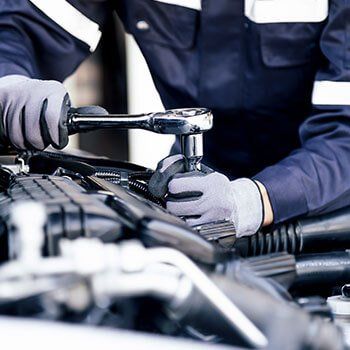
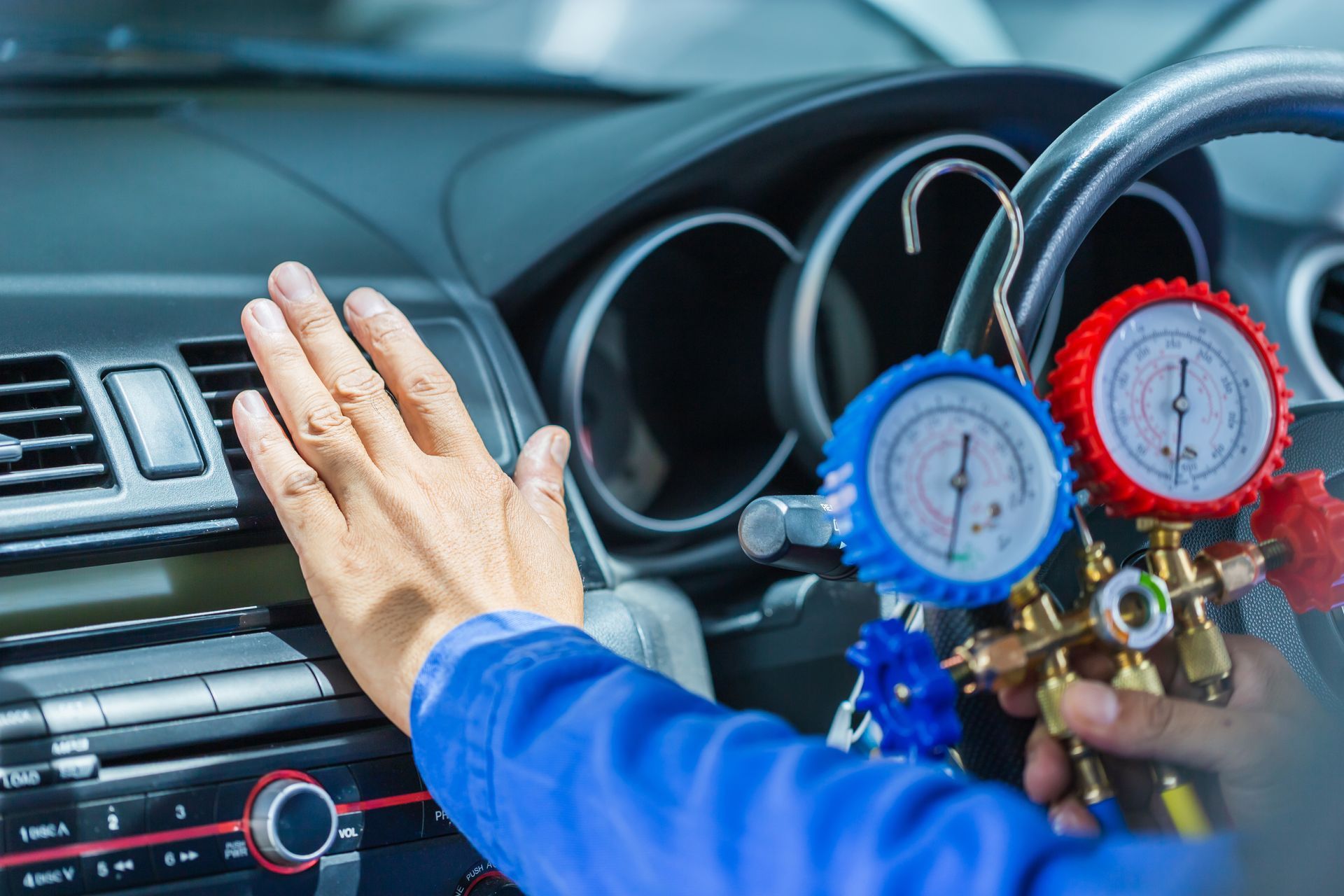
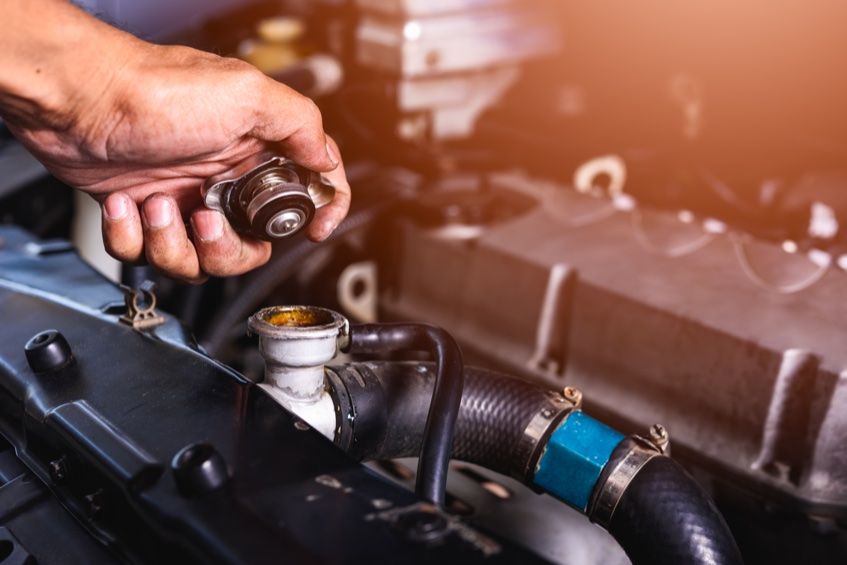
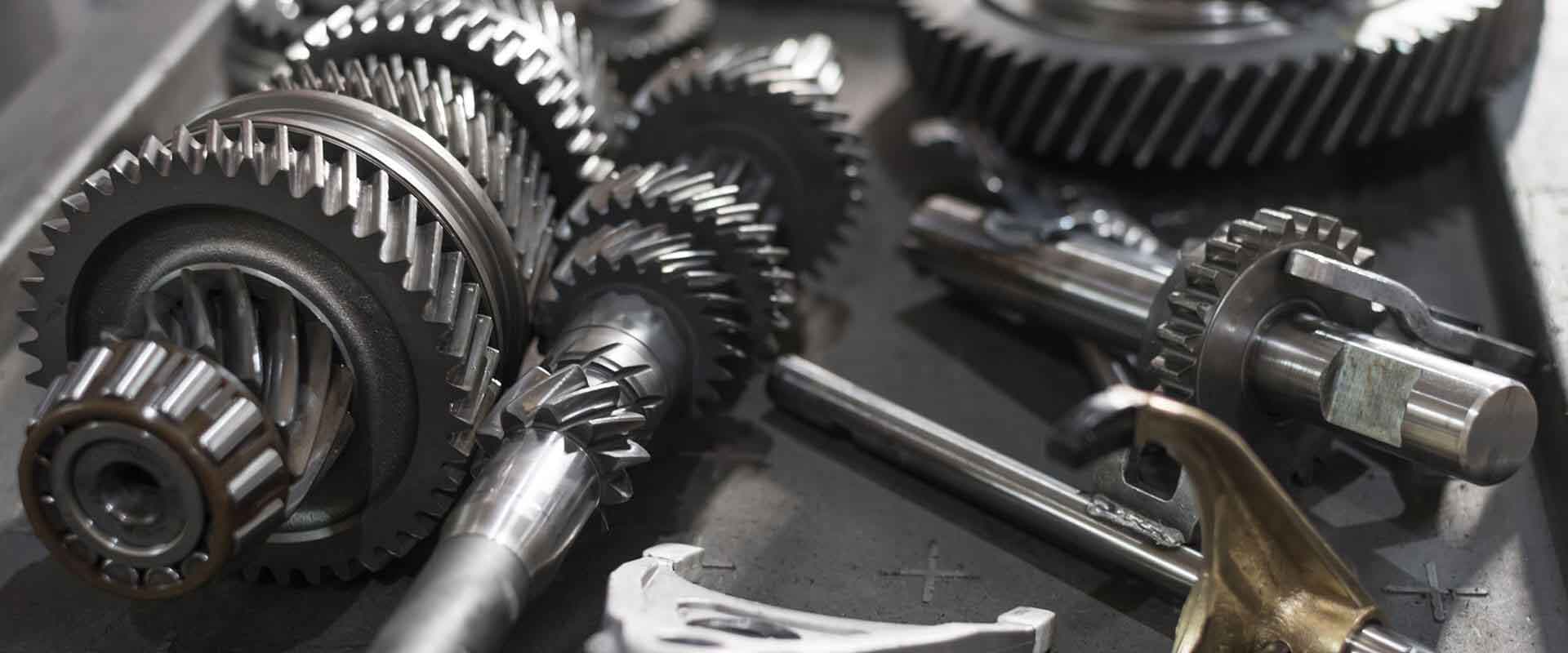

We specialize in domestic and Asian vehicles, providing honest and reliable auto care in Brunswick, GA








Follow us
2EZ Automotive
Services
List of Services
Follow us
2EZ Automotive




© 2024 2EZ Automotive. All Rights Reserved. Website managed by
Shopgenie


